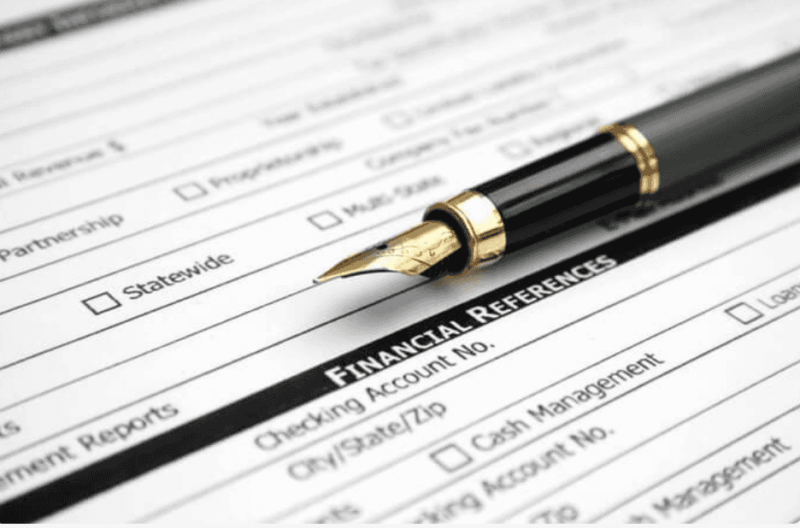A credit reference is a document, person, or company that gives a snapshot of your creditworthiness on which lenders base their decisions on accepting a credit or loan application.
In this article, you will learn:
- What is a credit reference, and how it works
- The situations when you need a credit reference
- The Types of credit reference
- How to secure a credit reference letter
Follow on to find out more.
What is a Credit Reference, and How Does it Work?
A credit reference provides a lender with an overview of your credit performance. They use it to evaluate you as a service or loan applicant, helping them determine whether you will likely make timely payments.
Let’s review the situations when you must present a credit reference.
When Do You Need a Credit Reference?
You’ll usually need a credit reference for the following situation:
When applying for a credit card or loan application
Applying for a credit card or loan will require you to provide your credit report. This will primarily serve as the credit reference for these instances:
When Leasing an Apartment
Landlords will likely conduct a credit reference check for potential tenants. This may include your credit report, and/or a credit reference letter from your previous landlord.
When applying for a utility service
Credit references are often requested when applying for a utility service such as cable, gas, electricity, or internet services. A credit reference letter may also be requested from your previous utility provider.
When applying for a job
Some employers require a credit reference check to see how responsible an applicant is for their finances. This is required when applying to work in the financial industry, or it may simply be a part of the employer’s policy.
Let’s move on to the types of credit references that can be requested.
Types of Credit Reference
There are variations of credit references. It’s important to know each one so you can provide the right documents. These are the different type of credit reference:
Credit Reports
Credit reports are the most common and widely used credit reference as they contain comprehensive information about your credit history and overall credit score.
Weekly credit reports can be requested on AnnualCreditReport.com until the end of 2023 as mandated by the federal government—it has only been once a year, according to the Fair Credit Reporting Act.
Asset Documentation
A document that contains the list of your assets. This includes checking/savings accounts, retirement accounts, and investments. This document shows your financial stability.
Character References
Contacting your previous landlord, utility provider, or business partner by phone can also be considered a credit reference.
Credit Reference Letter
A credit reference letter contains your credit history and is often requested from your previous lender company, landowner, or utility provider. It usually contains relevant information such as:
- Your relationship with the issuer.
- The length of your business relationship.
- Payment history details or remarks.
- The total amount of outstanding debt.
Now let’s talk about how to secure a credit reference letter.
How to Secure a Credit Reference Letter
1. Confirm the required information
Confirm the specific requirements of the lender company, landlord, or utility provider. It is crucial not to miss anything, ensuring relevant information is included in the credit reference letter.
2. Send a request to the desired issuer
Contact your previous landlord, utility provider, or lender company to officially request a credit reference letter. If they agree, provide instructions or a template to cover all required information.
3. Provide authorization
If the landlord, utility provider, or loan company requests the credit reference letter, you must provide authorization to release credit information. You can also ask if your authorization is necessary.
The Bottom Line
A thorough credit reference check can make or break your loan or service application. It’s better to know what they will discover in advance and perform measures accordingly—paying off outstanding balances and/or resolving pending disputes.
Be sure to provide pertinent information and clarify undesirable data of any mitigating circumstances. But remember to remain transparent, as this will increase your credibility and chances of acceptance.
FAQs
What if I don’t have credit references?
Consider applying for a retail or secured credit card that requires a deposit. Starting from secured credit cards can build up your credit over time.
Can I list my bank as a credit reference?
Yes, if the bank has previously provided you with a loan or issued you a credit card, they are a reliable source of credit reference.
Is credit reference the same as a credit report?
Yes and no. Yes, because a credit report is one type of credit reference, but no, as there are other types of credit references, as mentioned in this article.




